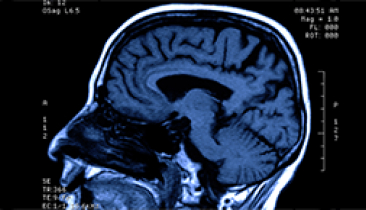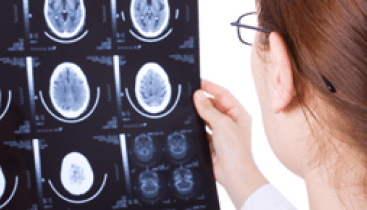BANA was formed in 1992 by a group of patients and their partners.
They were introduced to each other by ENT and Neurosurgeon Consultants from the Queen’s Medical Centre Hospital in Nottingham and from the very beginning, mutual support was their primary aim.
They also wanted to provide reliable information to those diagnosed and to promote research into Acoustic Neuromas and the effects associated with them. More than two decades on, these fledgling intentions remain the charitable objectives that drive the charity forward on behalf of all those affected.
Our Vision, Mission and Values
Our Vision
A world in which an Acoustic Neuroma is no longer a life-changing diagnosis and those affected have access to appropriate support by having opportunities to connect, share experiences, have access to up-to-date information and timely opportunities for support.
Our Mission
To be a trusted, impartial and reliable source of information and support.
Our Core Values are:
- We are Courteous and Respectful in our dealings with others
- We always respect the feelings and beliefs of others and treat them with equal respect and dignity.
- We always act with Honesty and Integrity
- Our actions are honest and honourable. We never push our preferences or opinions to influence others.
- We are Reliable and Accountable in our actions
- We only commit to things we can achieve and never promise anything we cannot deliver. We take personal accountability for delivering our promises
BANA’s History
Hear BANA former Chairman Stephen Cortman talks about the of history of BANA and how it was formed, and what the charity offers.
In August 1993 BANA was granted registered charity status. While their work was advancing it was still being run by volunteers with limited resources.
As word spread the membership grew and a community gradually developed. Linking patient with patient and forming alliances with medical professionals and other related charities.
In 1997, a significant three-year Lottery Grant helped BANA to move into much-needed premises in Nottinghamshire and employed their first member of staff. This was a major advancement with the office becoming a hive of activity. Hosting support and trustee meetings as more people joined the BANA. The charity became self-supporting, continuing to employ office staff.
In 2013 the first Chief Executive Officer was appointed; overseeing all operational matters and projects.
This new phase of development was a positive move forward, enabling the Board of Trustees to give more focus to the strategic planning of the charity’s aims and commitments. Taking into account changing needs and operational methods and ensuring that BANA could reach out to everyone wanting support when diagnosed with an Acoustic Neuroma.



